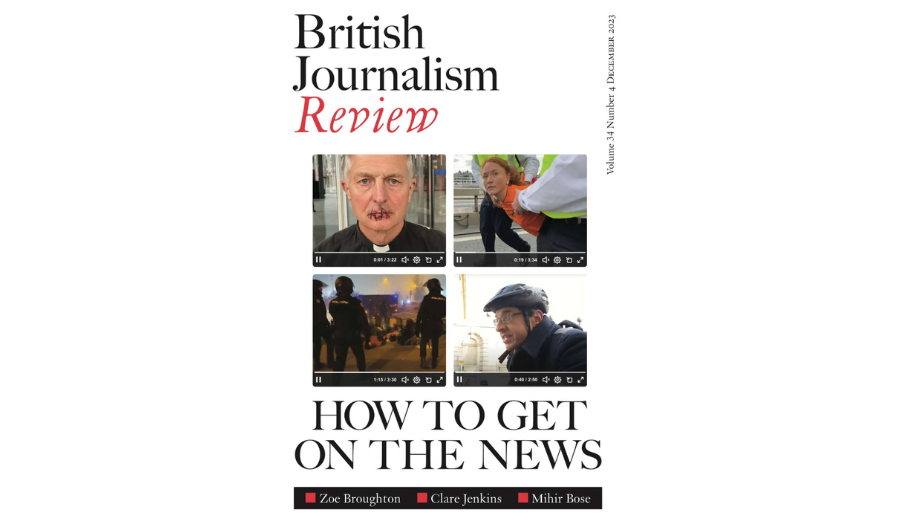Wendy Sloane, Associate Professor of Journalism discusses why Russia is looking at women journalists in a more serious light in a new article published in the British Journalism Review.
Date: 6 December 2023
"The good news today is that Russia is, at last, taking women journalists seriously – at least some of the time. The bad news is that this means they are being seen as a credible threat to Vladimir Putin’s regime and some are being expelled from the country, if they are lucky, and poisoned, beaten and killed if they are not," Wendy writes in the BJR.
Female journos are also having their phones hacked - although it is unclear who is the instigator. In a rare interview, Galina Timchenko, founder of the independent Russian news organisation Meduza, told Wendy that she doesn't know who infected her phone with Israeli Pegasus spyware when she was at a media conference in Berlin (Meduza is based in Latvia) - or why.
“Of course, after every attack or threat, we in the first instance think it’s Russia. But experts at AccessNow and Citizen Lab are positive that Russia doesn’t have access to Pegasus yet, at least for the time being,” Timchenko said.
She added: “I don’t think that the version that Russia used a proxy country is convincing (because it’s too complex, expensive and time-consuming). I am inclined to believe that either an EU country or several EU countries could be involved, considering that many have access to the software.”
Hacking is only the tip of the iceberg, Wendy writes. Investigative journalist Yelena Milashina was badly beaten up in the Russian republic of Chechnya in July. In August, three female journalists were expelled from Russia: Eva Hartog, Anna-Lena Laurén, and Luzia Tschirky. That same month, Russian journalist Maria Ponomarenko received a six-year prison sentence for posting about civilian casualties in Ukraine’s Mariupol on social media.
And in October, a Russian-American journalist working for Radio Free Europe/Radio Liberty’s Tatar-Bashkir service, Aslu Kurmashev, was detained in the southern city of Kazan for not registering as a “foreign agent”, a designation all foreign (and some domestic) media must accept.
It’s not surprising that so many women are being targeted. “Women journalists from the very first days of the full-scale invasion covered the war and reported on the horrible war crimes that we now know about. That’s because Ukraine banned male Russian citizens from entering the country. We see this war through the eyes of women reporters,” Timchenko said.
Women journalists “do not just face more risks than their male counterparts, but also different risks”, according to Free Press Unlimited. Those include sexual harassment, sexual coercion, and gender-based violence – and not just in Russia.
But a 2021 study of sexual harassment in Russian newsrooms involving 176 media professionals conducted by City, University of London, WAN-IFRA Women in News and ANRI-Media found that 22 per cent experienced physical or sexual harassment, with a fellow colleague the usual perpetrator. Despite the figures, an additional 15 out of 16 media executives interviewed said they did not feel sexual harassment was an issue in the media industry.
*Kremlin Media Wars: Censorship and Control Since the Invasion of Ukraine, edited by Wendy Sloane and Sasha Raspopina, is due to be published by Routledge next year.

The full article is available on the British Journalism Review website.
